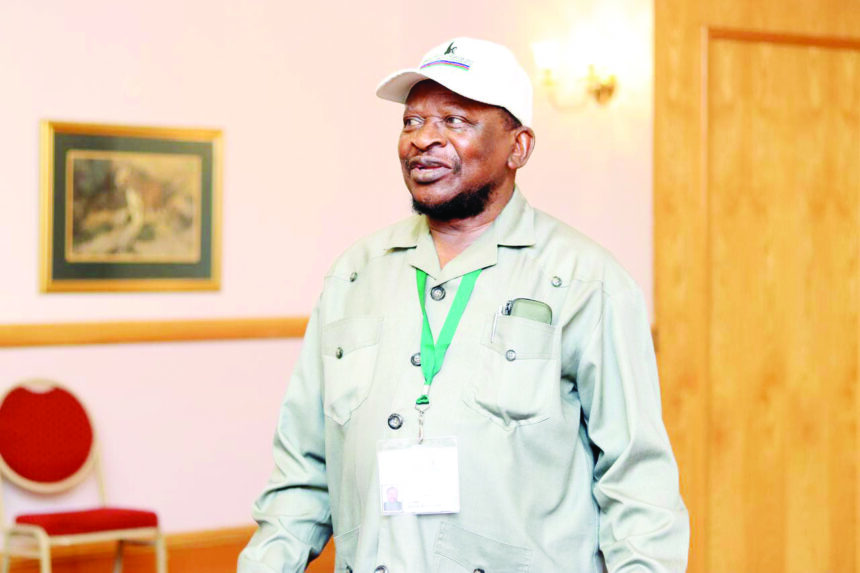Lahja Nashuuta
Swapo backbencher Jerry Ekandjo has accused presidential affairs minister Christine
//Hoebes of sidelining his private member’s bills, and delaying their signing into law.
In July 2023, Ekandjo tabled bills in the National Assembly that seek, among others, to criminalise the propagation, promotion and solemnisation of same-sex marriages, as well as to redefine the term spouse.
“Honourable minister, Article 30 of the Namibian Constitution deals with the oath or affirmation the president takes before assuming office. Keeping the above in mind, in July 2023, a private member’s bill that I moved in this August House was passed by more than two-thirds majority, and I must add, without a single objection, neither a single abstain,” he stated.
The bills, among others, propose that no marriage between persons of the same sex shall be recognised as a valid marriage in Namibia, and that anyone in a same-sex marriage will not be regarded as a spouse for purposes of any law in Namibia.
Maudjuu, as Ekandjo is affectionately known, introduced the bills with the aim of amending the Marriages Act of 1961 with a view to outlaw same-sex marriages in Namibia.
He wants his bills to provide a precise definition of the term spouse, in tandem with Namibia’s definition of marriage.
Through the bills, the lawmaker wants anyone who violates the law against same-sex marriage to face a fine of up to N$100 000, or up to six years in prison.
The bill garnered significant attention not only in Parliament, but within the nation’s political landscape, as it was tabled at a time when the Supreme Court ushered in a ruling which recognised same-sex marriages solemnised outside the borders of Namibia involving a Namibian and a foreigner, for immigration purposes only.
Ekandjo, while motivating his bill, expressed health concerns related to anal sex which were also raised and equated with moral decay, citing religious references such as ‘Sodom and Gomorrah.’
His bills came shortly after the High Court overturned the country’s colonial-era “sodomy” and “unnatural offences” laws, which had criminalised same-sex sexual conduct between consenting adults.
Antagonists of the ruling primarily hinge their argument on high moral grounds, while its proponents are using the human rights card as a point of entry.
The bills were then passed by both the National Assembly and the National Council by more than a two-thirds majority, without a single objection nor a single abstention.
With only two months left for Namibians to go to the polls, Ekandjo accused the minister in the presidency of failing to comply with Article 56 (2) of the Namibian Constitution.
Quoting the article, he said: “Where a bill is passed by a majority of two-thirds of all members of the National Assembly and has been confirmed by the National Council, the President shall be obliged to give his or her assent thereto.”
He continued: “I, therefore, now ask, has the President complied with Article 56 (2) of our Constitution? Has the President defied the oath of office as outlined in Article 30 of the Namibian Constitution as far as the bill is concerned? And why has the President not complied with article 56 (2) of the Namibian Constitution, which is an obligatory clause?”
Presidential spokesperson Alfredo Hengari said in an interview with a local newspaper that President Nangolo Mbumba has received the private member’s bills passed by both houses of parliament last year, and he is still consulting on the way forward.
“The President has received the bills in question, and there is a process of consultation taking place, so that is where it is at this stage.”
-lnashuuta@gmail.com
(Ekandjo)
Caption:



